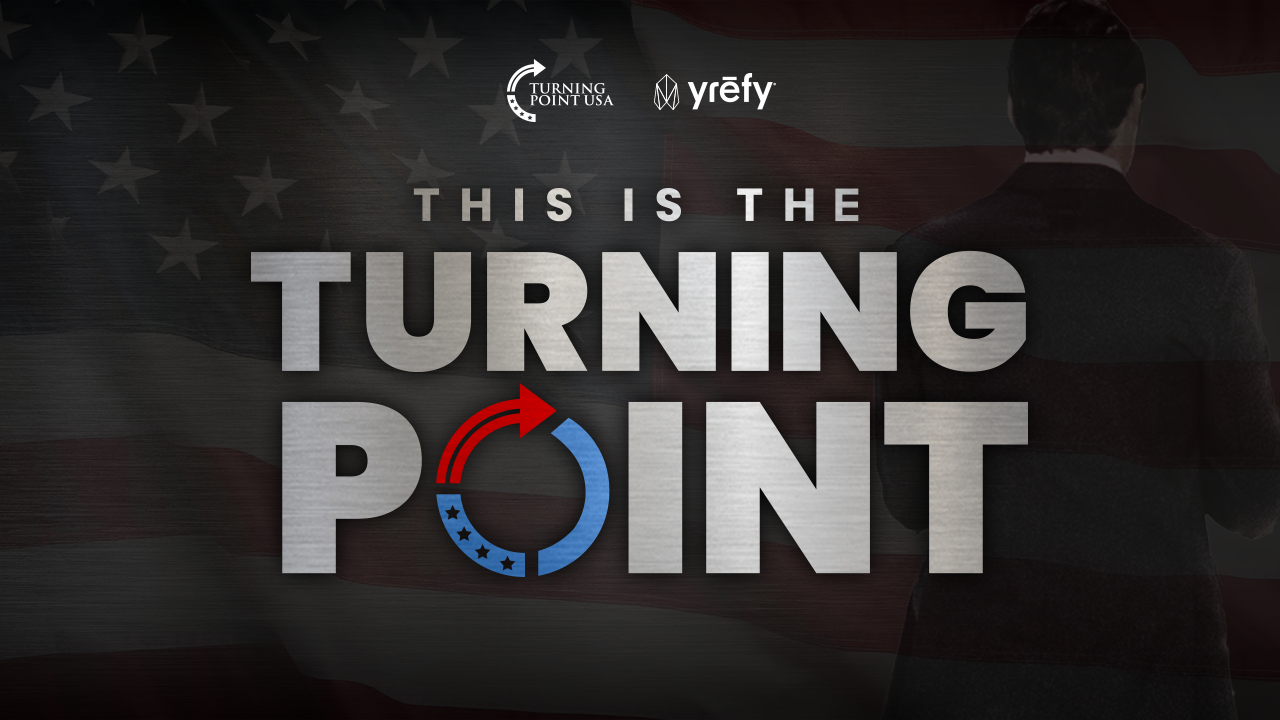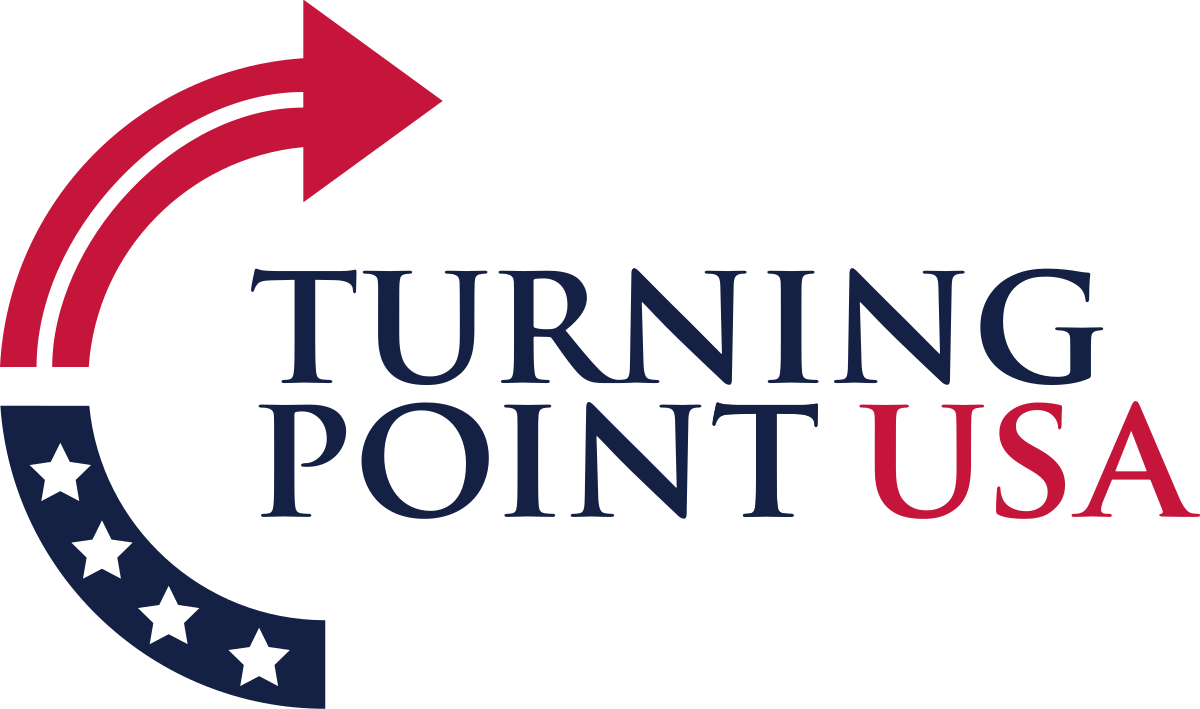
Meta announced that it will block Canadian news outlets from posting on its platforms after the country adopted a law mandating social media companies compensate outlets for content.
In a press release on Tuesday, Meta, Facebook and Instagram’s parent company, announced that the company would be “ending news availability in Canada,” beginning immediately. The company stated that the changes would take place over several weeks.
Canada’s Online News Act, Bill C-18, which the government defined as “An Act respecting online communications platforms that make news content available to persons in Canada,” requires social media sites to pay news outlets for content posted to their platforms.
Last month, Heritage Canada considered making revisions that would set a financial limit for how much media companies would be obligated to spend, noting social platform concerns that this would stifle journalism, rather than help Canadian publishers; however, such changes would still require companies to pay for a service which they deem unnecessary from a business perspective.
“Nearly one year ago, we shared our concerns that the Online News Act would force us to consider whether to continue allowing the sharing of news content on our platforms,” Meta explained in the press release. “The legislation is based on the incorrect premise that Meta benefits unfairly from news content shared on our platforms, when the reverse is true. News outlets voluntarily share content on Facebook and Instagram to expand their audiences and help their bottom line.”
The search engine giant Google also announced its plans to remove news outlet content from its website, explaining that the law represents “the wrong approach to supporting journalism in Canada.”
“The unprecedented decision to put a price on links (a so-called “link tax”) creates uncertainty for our products and exposes us to uncapped financial liability simply for facilitating Canadians’ access to news from Canadian publishers,” Google said in a statement. “We have now informed the Government that when the law takes effect, we, unfortunately will have to remove links to Canadian news from our Search, News and Discover products in Canada, and that C-18 will also make it untenable for us to continue offering our Google News Showcase product in Canada.”
Google noted that this decision was not made lightly, clearly stating, “We’re disappointed it has come to this . . . We’re willing to do more; we just can’t do it in a way that breaks the way that the web and search engines are designed to work, and that creates untenable product and financial uncertainty.”
Despite the backlash, the Canadian government has refused to back down. Canadian Prime Minister Justin Trudeau called the situation a “dispute over democracy.” He did not acknowledge or respond to the criticism that this legislation will hurt journalism by limiting reach, but rather mocked the idea that platforms would remove Canadian news. “The fact that these internet giants would rather cut off Canadians’ access to local news than pay their fair share is a real problem, and now they’re resorting to bullying tactics to try and get their way. It’s not going to work,” Trudeau said in June.














